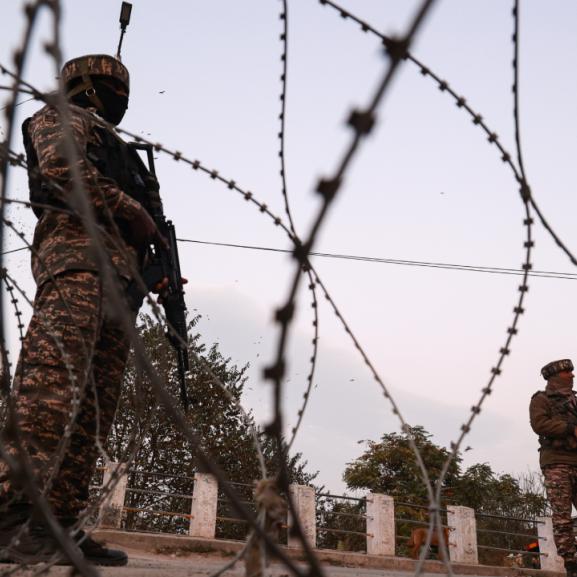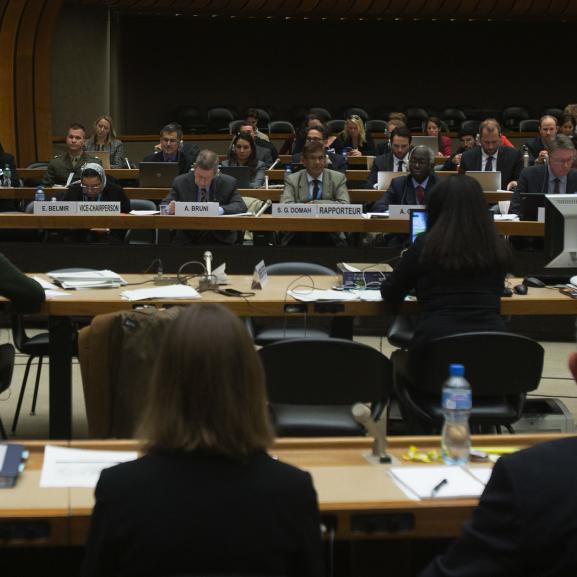Torture in Turkey: past, present and future?
The attempted coup in July 2016 highlighted Turkey’s place in the world as a torturing state. However, the use of torture in Turkey is not new. The following research highlights that this is a method of control widely used to suppress political activity. This briefing is based on 60 medico-legal reports produced by Freedom from Torture between February 2012 and March 2017 documenting torture between 1992 to 2015.
In light of the April 2017 referendum and Turkey’s continued strategic importance in Europe and the Middle East, a robust response is needed from the Turkish government to end the use of torture which has continued to be used to stamp out political activity. The Turkish government must take immediate steps to publicly reinforce its “zero tolerance” policy, implement laws and policies aimed at preventing torture, and tackle a culture of impunity by investigating all allegations of torture and bringing perpetrators to justice.
Key Findings
- The majority of cases involve men under the age of 40 of Kurdish background.
- The reason for detention was invariably related to perceived or actual political activity.
- A number of torture methods are described across the 60 cases and all medico-legal reports document evidence of multiple forms of torture. All 60 people experienced blunt force trauma (usually being beaten with an object). 77% of the cases involved sexual torture, including in 23% rape; 63% experienced electric shocks and 58% were subjected to cold/high pressure water hosing.
- 87% of people reported being detained and tortured by the police on one or more occasions.
- At least 17 different police detention facilities were described, of which Istanbul Police Headquarters on Vatan Street was the most commonly mentioned.
Ann Hannah, Director of Policy and Advocacy at Freedom from Torture, said:
“Our research shows that torture in Turkey, although hidden until recently, has been an ongoing problem. Turkey remains of strategic importance because of its role in both Europe and the Middle East, playing a key role in crises currently dominating the news agenda: the Syrian conflict, the fight against Islamic State, and the European migration crisis. It is a NATO ally and one of the countries prioritised by the UK government as a target for trade negotiations as the UK prepares to leave the EU. But none of these issues excuse human rights abuses. It is therefore vital that we do not turn a blind eye to Turkey’s behaviour, particularly the use of torture, which was horrifically highlighted by the Turkish authorities’ response to the attempted coup in July 2016.
The Turkish referendum will be a decisive moment in Turkish politics. Whether it checks or consolidates President Erdoğan’s power it is unlikely to resolve overnight the political and security challenges that Turkey faces. This is why it is a key moment for Turkey’s allies to insist on an end to the use of torture and to uphold human rights across the country.”






